Confusing Wi-Fi laws could cause mobile broadband trouble
A UK researcher believes Wi-Fi regulation needs clearing up.


Out-of-date and confusing Wi-Fi laws are restricting broadband, widening the digital divide and complicating mobile access, according to a UK researcher.
Current laws surrounding Wi-Fi "sharing" need clarification, according to University of East Anglia lecturer Daith Mac Sthigh, in his report "Last Mile: Sharing Internet Access Through Wi-Fi".
In the report Mac Sthigh calls for changes to current laws, which he claims give too much protection to ISPs, at the expense of community Wi-Fi sharing schemes.
"Shared internet access has potential social benefits, but it's harder to encourage people to take part if the legalities are unclear," said Mac Sthigh in a statement.
"Furthermore, local communities trying to use wireless access to extend connectivity have faced objections from established industries that this is anti-competitive or a breach of contract," he added.
Indeed, Wi-Fi could be a key tool in aiding digital inclusion a major part of the Digital Britain plans to bring basic broadband to every UK household.
"Digital inclusion is a government policy and rightly so. People may not have broadband in every road, particularly in rural or isolated areas, and costs of a good connection remain high, so sharing internet access is recognised as a great way of filling in the gaps," said Mac Sthigh.
Sign up today and you will receive a free copy of our Future Focus 2025 report - the leading guidance on AI, cybersecurity and other IT challenges as per 700+ senior executives
Smartphones and other portable web devices already flip between mobile connections and Wi-Fi networks, so many people are already using such connectivity when they're left unsecured.
"Many people may be technically breaking the law and would not agree that using an open network should be a criminal offence, and although it's unlikely widespread prosecutions will take place, currently many ISPs restrict your ability to share via their terms and conditions of service," Mac Sthigh said.
"If you've done something to breach these terms it may have consequences further down the line and could be used against you."
The current laws are based on older telecoms regulations designed to battle serious crimes like hacking and fraud, Mac Sthigh noted.
"Malicious hacking and phone fraud should of course continue to be crimes but if Wi-Fi sharing is to be encouraged and properly regulated this is an inappropriate use of the law," he said.
"People have been convicted for using networks without stealing passwords, breaching security or engaging in other antisocial activities."
Freelance journalist Nicole Kobie first started writing for ITPro in 2007, with bylines in New Scientist, Wired, PC Pro and many more.
Nicole the author of a book about the history of technology, The Long History of the Future.
-
 The six biggest security challenges coming in 2026
The six biggest security challenges coming in 2026In-depth What will be the main challenges businesses face in 2026 and what can they do to prepare?
-
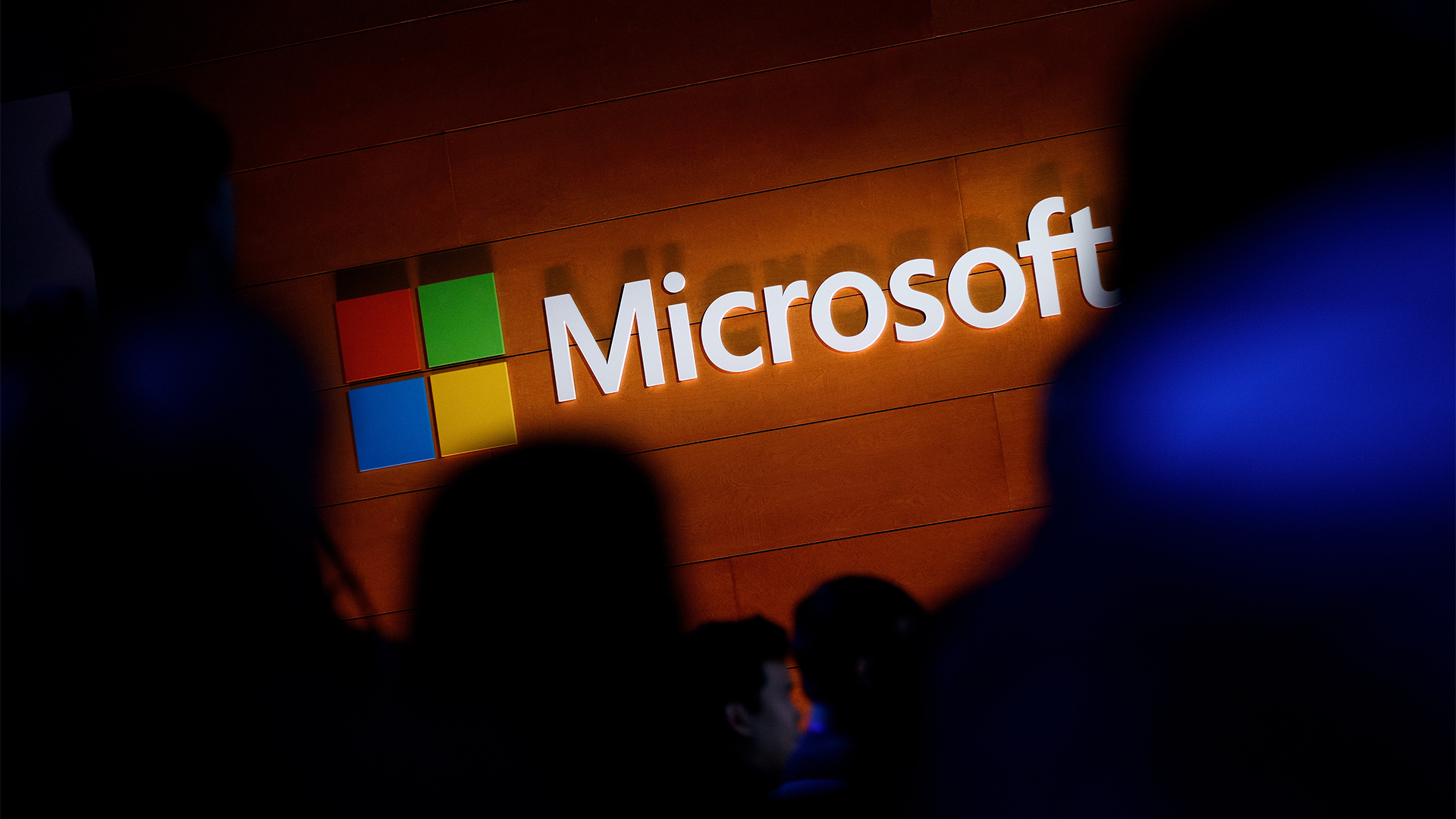 Channel focus: All you need to know about Microsoft's partner program
Channel focus: All you need to know about Microsoft's partner programChannel Focus The veteran OS developer and vendor continues to advance its strategy, particularly in Azure cloud solutions and AI
-
 EMC claims Pure Storage stole trade secrets and staff in lawsuit
EMC claims Pure Storage stole trade secrets and staff in lawsuitNews Storage giant ups ante in ongoing legal tussle with arch-rival.
-
 Week in review: Android schmandroid, BP just can't do anything right
Week in review: Android schmandroid, BP just can't do anything rightNews Companies do the silliest things, whether it's losing sensitive data or pushing the definition of 'open'.
-
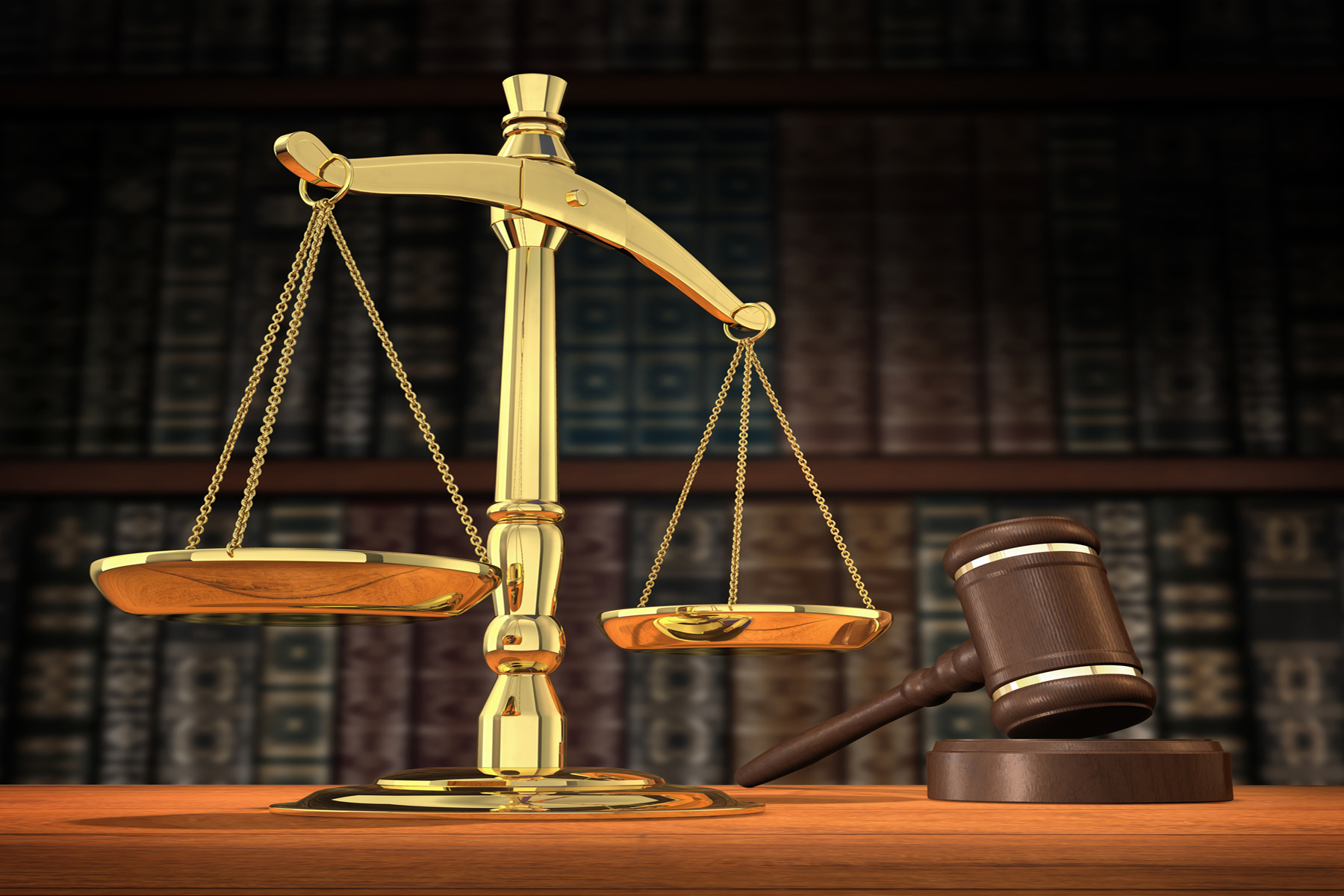 Apple vs Nokia comes to the UK
Apple vs Nokia comes to the UKNews Apple is taking Nokia to court in the UK as the legal tussle between the two tech giants moves outside the US.
-
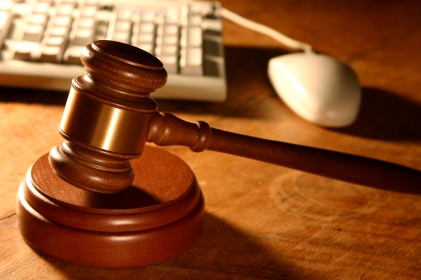 Judge freezes Apple and Nokia case
Judge freezes Apple and Nokia caseNews A Delaware judge has told Apple and Nokia to hold fire until other related cases are concluded.
-
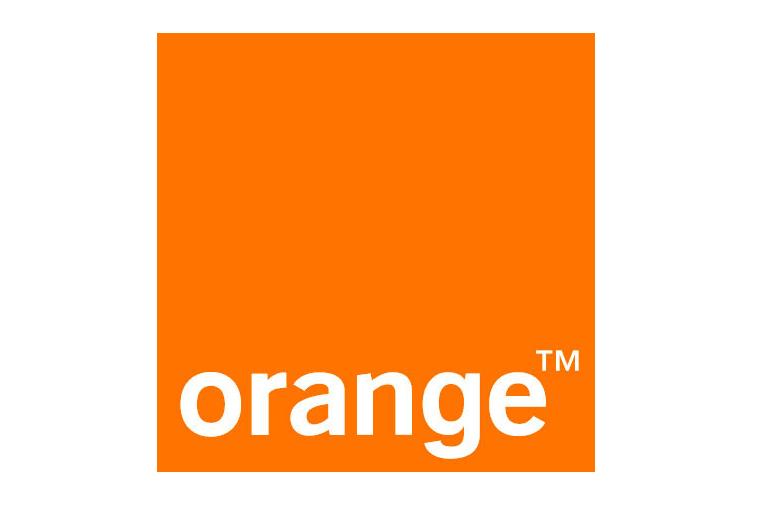 Orange customer wins court payout over coverage
Orange customer wins court payout over coverageNews A Richmond-based man was awarded £500 after suing Orange because it wouldn’t let him out of a contract despite him not receiving any signal.
-
 Nokia, InterDigital drop UK patent suit
Nokia, InterDigital drop UK patent suitNews But the two mobile tech firms aren't dropping the patent battle in the US.
-
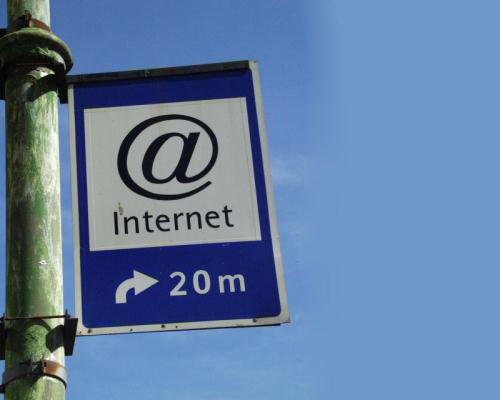 Who'd be an ISP?
Who'd be an ISP?In-depth Once upon a time, providing internet services was a straightforward business. It certainly isn't any more, though, as the threat of new legislation and litigation hang over the industry.
